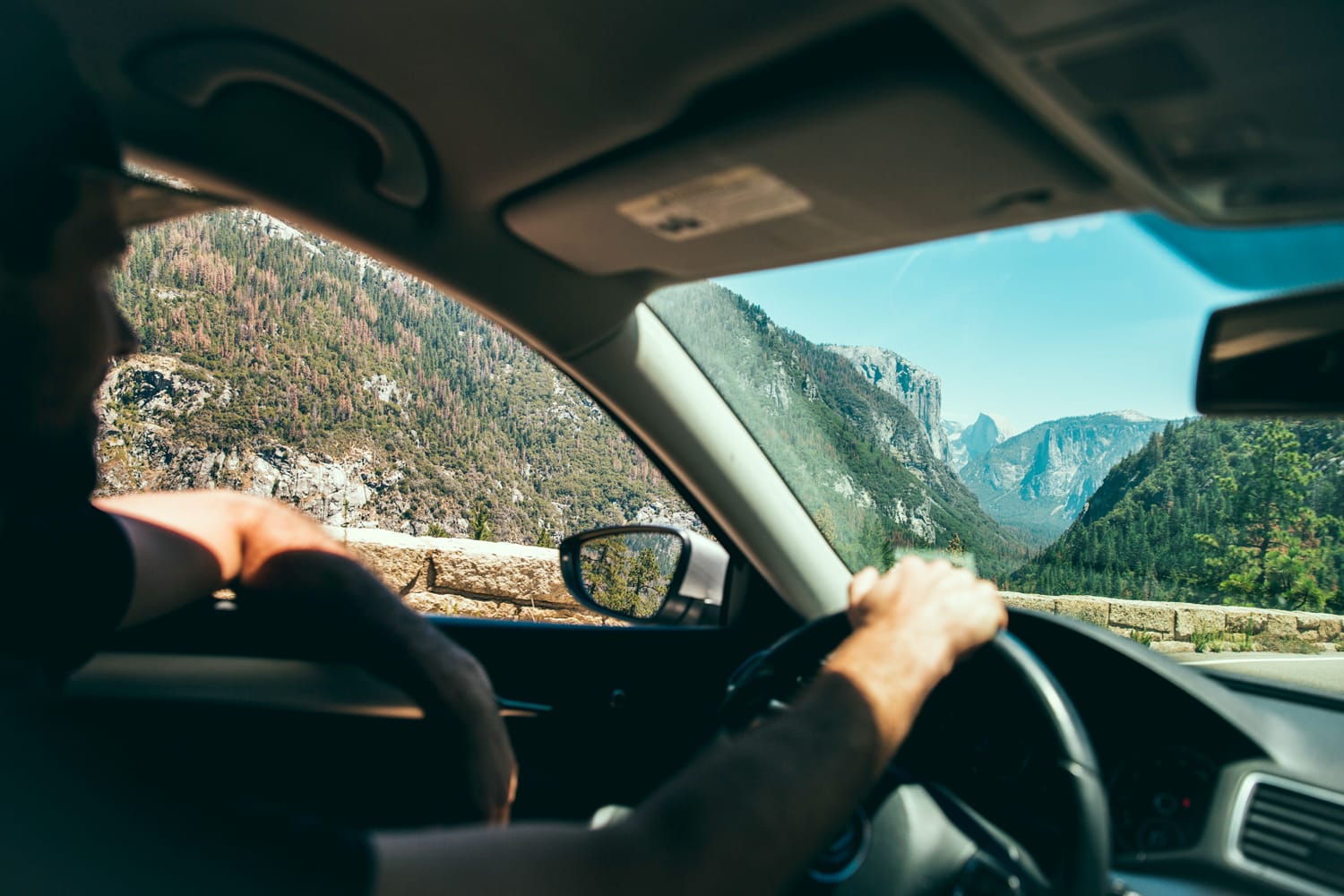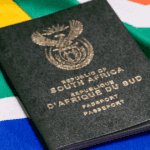Driving overseas can be a daunting experience and being unaware of different countries’ rules could easily land a driver in trouble.
According to holiday car rental experts, StressFreeCarRental.com, it’s very easy for people to forget that different countries may have uncommon rules when it comes to the road.
Some of the rules are simply common knowledge, but other laws may come across as quite unusual for road users.
According to StressFreeCarRental’s research, here are seven unique driving laws from around the world.
While countries like the UK are stricter when it comes to this matter, road users in South Africa don’t need to purchase insurance when driving a car.
Despite insurance not being mandatory, many advise drivers to get insurance anyway in case they have an accident.
Dubai: Camels come first
Camels are considered important symbols in Dubai and are highly respected in traffic laws in the UAE. If a camel is spotted on the road, always give it the right of way.
US: You can turn right at a red robot if the road is clear
Even though drivers don’t have the right of way, most US cities allow drivers to turn right at a red robot if there are no other vehicles around. However, this rule does not apply to New York City as it’s banned unless stated otherwise on a road sign. This driving rule can save travellers in the US a lot of time.
UK: You can’t use your phone to pay at the drive-through
Many drivers in the UK are unaware of the recent crackdown on using phones, which can result in a fine or penalties on your licence. It’s always best to bring a contactless card when paying for fast food, or you can simply turn off the engine when paying.
Canada: You must hoot when passing Prince Edward Island
It’s one of the most famous laws about Prince Edward Island. It’s very unlikely you’ll get charged for not honking, but it’s always best to say safe and press the hooter when passing another vehicle.
India: Don’t drive without a pollution control certificate
To help the impact of air pollution, drivers in India must have a pollution control certificate to show that their vehicle is environmentally safe to drive. If you don’t provide a certificate, it could lead to a hefty fine.
Australia: Haven’t locked your car? You’ll get a fine
In most parts of Australia, it is legally an offence to leave the car unlocked, so it’s vital to triple check the car is locked when driving in Australia.
Source: IOL






